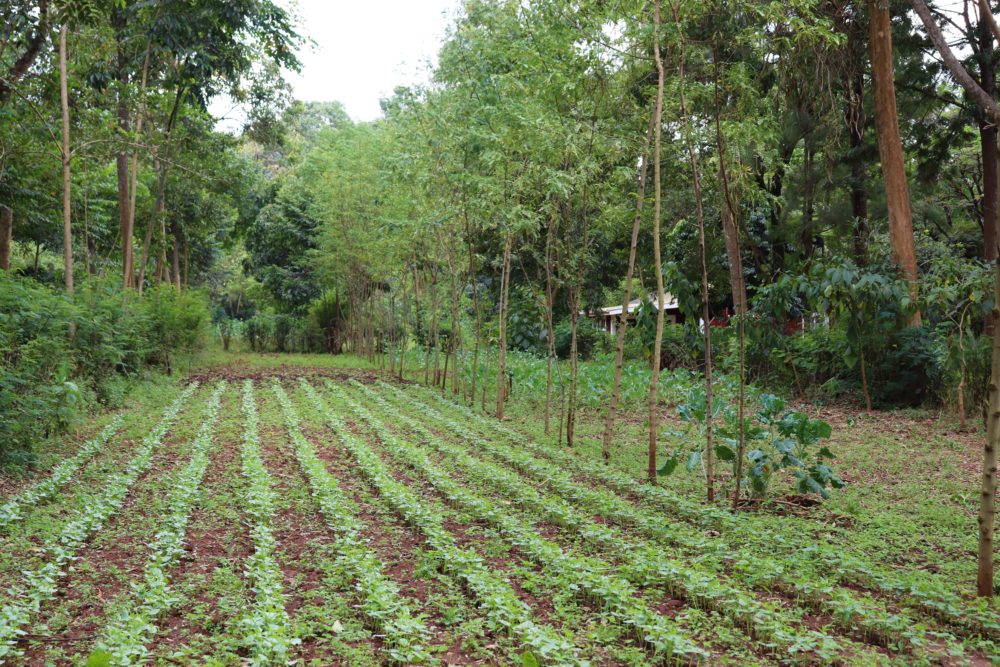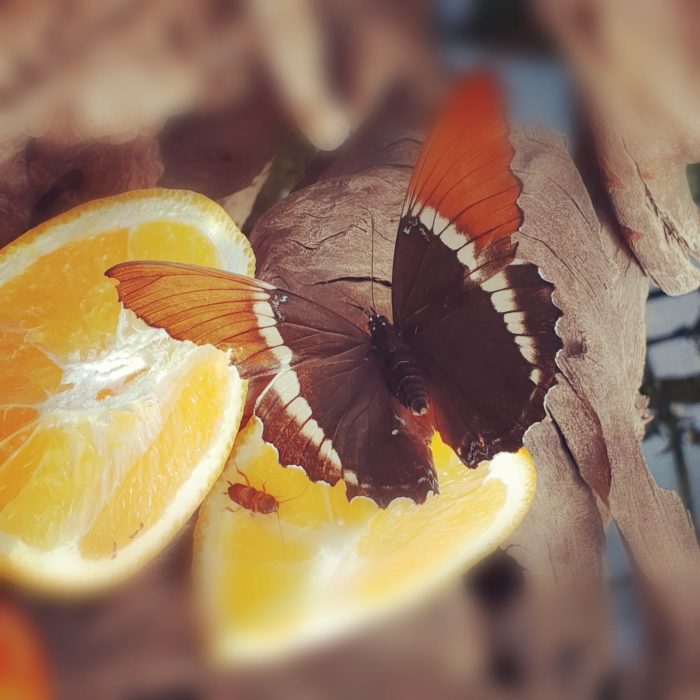Covid -19 and the nature trade-off, eye on afforestation & environment at large
Date
June 5, 2020
The spread of COVID-19 is making the interdependence of people, livestock, wildlife and ecosystems clearer more than ever before. As humans rely more on nature for food and livelihoods, wildlife and ecosystems are put at risk, further increasing our vulnerabilities. In this period human beings need a robust ecosystem that will support our increased needs for food and livelihoods. It is time to reflect on the role of human beings in creating a balance between species and the environment upon which their lives are dependent on. Biodiversity conservation is the cornerstone of resilience to climate change. In a biologically diverse eco-system, every being will find its space for existence at balance with nature.
The complex relationship between biodiversity loss and human wellbeing is increasingly being understood in ecological and economic terms. Despite the knowledge about the multiple dimensions of this relationship and its importance, species and ecosystems are still disappearing at an alarming rate. Anthropogenic pressures are the prime reason for this trend, and any attempts to reduce such pressures and conserve species in both protected areas and human-dominated landscapes have only yielded little success. (Jose, S. Agroforest Syst 85, 1–8 (2012). It is time to use approaches that can combine production and conservation functions and build the resilience of food systems and landscapes by strengthening biodiversity and multi-functionality. Agroforestry, as part of a multifunctional working landscape, can play a major role in conserving and even enhancing biodiversity and ecosystem services from farms to the landscape levels. Agroforestry has the potential to contribute to mitigating climate change, increasing resilience and adaptation of resource-poor smallholder farmers to extreme and variable weather events, and increasing tree-related essential ecosystem services as well as the total farm productivity. To realise its full potential, it would be important to formulate a fully-fledged agroforestry policy framework at the national, regional and global levels.
For over 30 years, Vi Agroforestry has been at the heart of reversing degradation of ecosystems; by incorporating women, men and the youth to live in harmony with nature as they improve their livelihoods, by adopting and practising the right actions that enhance nature base. Vi Agroforestry has enabled communities to adopt integrated landscape approaches to increasing biological diversity through promotion of agroforestry and adoption of sustainable land management practices. Agroforestry – integrating trees and shrubs on the same land that is used for crop production and/or animal husbandry, promotes biodiversity and produces a multitude of ecosystem services.
The method of planting trees and crops together is an efficient and effective way to: fight poverty and climate change together: It has provided a means to enhance food security through increased yields, improve income, promote environmental sustainability, reduce impacts of climate change as the trees store CO2, and fight desertification and restore degraded land; therefore promoting a stable biodiversity to the farmer families

A new normal
The COVID-19 pandemic will lead to changes in the way communities, organisations, countries and the world functions for years to come. We have a chance to ensure that changes we make today will lead to a more stable world that can withstand future shocks at the local, national and global levels. This will require focusing at multifunctional working landscapes that are resilient and can protect watersheds, biodiversity, livelihoods, human health and wellbeing.
It is time to wake up. To take notice. To raise our voices. To build back better for People and Planet. What action are you taking today that will positively contribute to an enhanced/thriving biodiversity/ what positive action are you taking today that will contribute to a thriving biodiversity?
When we recover, we must be better than we were before.